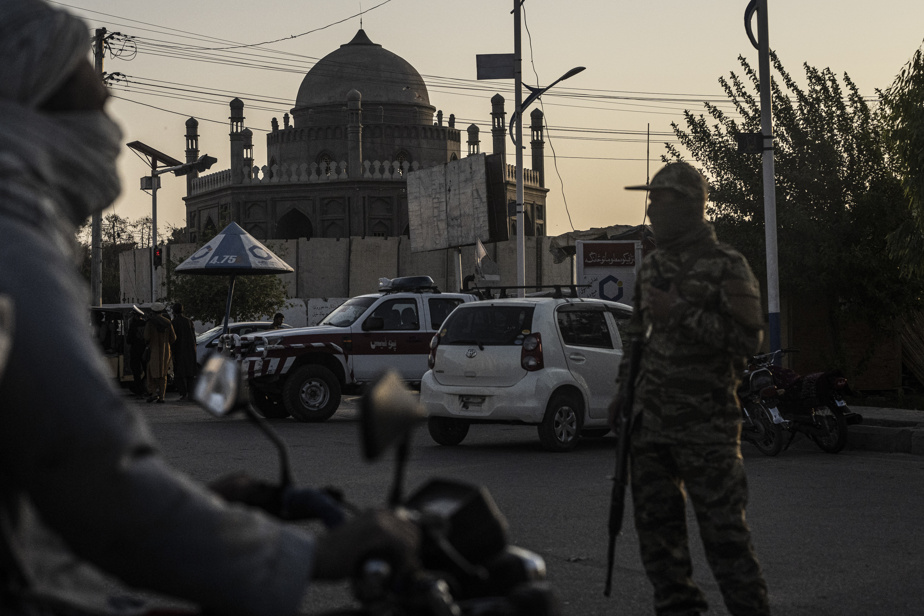(Kabul) The Taliban authorities will participate in the third round of talks on Afghanistan organized by the United Nations in Qatar, after having declined the previous invitation, a regime spokesperson announced on Sunday.
“A delegation from the Islamic Emirate will participate in the upcoming conference in Doha. It will represent Afghanistan and express Afghanistan’s position,” Taliban government spokesman Zabihullah Mujahid said of the talks scheduled for June 30 and July 1.
The Taliban delegation – whose composition has yet to be announced – will participate because the agenda appears “beneficial for Afghanistan,” Mujahid told Afghan media.
The agenda includes “topics like aid to Afghanistan and creating opportunities for investors in Afghanistan, which is important,” he said.
The Taliban government, which took over the reins of power in Afghanistan in 2021 and was excluded from a first meeting in Doha in May 2023, refused to participate unless its members were the only representatives of the country.
He also demanded a tête-à-tête with UN Secretary-General Antonio Guterres. Conditions deemed “not acceptable” at the time.
“It is unthinkable that diplomats could come together to discuss Afghanistan in the midst of such a crisis and do so without women’s rights being the main issue on the agenda and without Afghan women be fully involved in the discussion,” responded Heather Barr, deputy director of women’s rights for the NGO Human Rights Watch.
The meetings are expected to focus on economic and financial issues as well as efforts to combat drug trafficking, diplomatic sources said.
Several other civil society groups have also urged the UN to prioritize issues concerning women’s rights.
Since their return to power, the Taliban authorities have not been officially recognised by any country and have applied an ultra-rigorous interpretation of Islam, multiplying liberticidal measures against women, a policy described as “gender apartheid” by the UN.
Many governments and humanitarian organizations have suspended or reduced funding in this country where half the population lives below the poverty line and 15 million people are food insecure, according to the World Bank.




